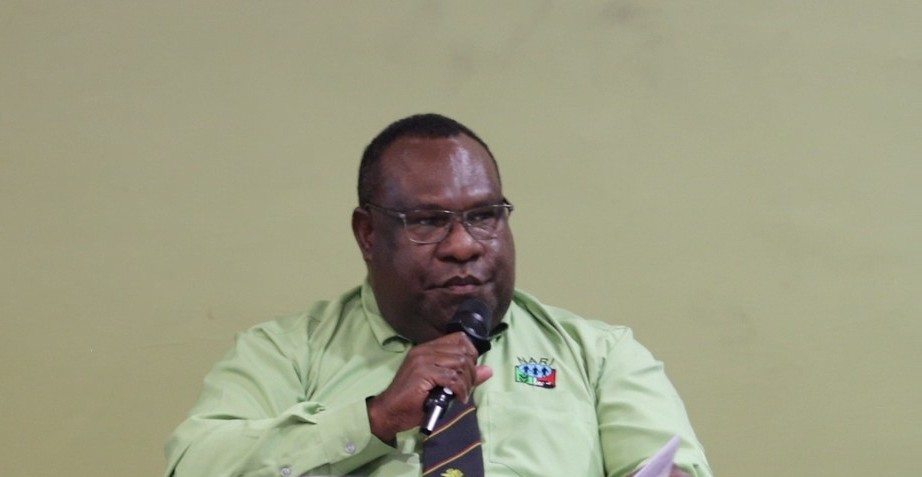Lae, Tuesday, April 8, 2025 – Papua New Guinea’s leading agricultural research body, the National Agriculture Research Institute (NARI), is spearheading a quiet transformation in the nation’s rice sector, aimed at reducing dependence on costly imports and building a resilient, homegrown rice industry.
Addressing the National Agriculture Industry Public-Private Sector Partnership Conference in Lae, NARI Director General Dr Nelson Simbiken made a compelling case for targeted, science-backed rice production tailored to PNG’s diverse agro-climatic zones.
“Rice is not one-size-fits-all. We must understand our environments and match the right varieties to the right altitudes,” Dr Simbiken stressed. “Lowland rice will not succeed in the highlands — it’s that simple.”
🌱 Varieties Suited to PNG
Over the past decade, NARI — in collaboration with the Taiwan Technical Mission — has developed six rice varieties suited to PNG’s unique conditions. These include four lowland varieties and two cold-tolerant upland types. Among them is NARI 1, a standout lowland variety that has been officially registered and is currently being adopted in commercial trials.
Dr Simbiken explained that over 87,000 kilogrammes of quality rice seed were distributed to farmers across the country in 2024 alone, with strong demand from districts and provincial governments.
“We now have the capacity to produce and distribute certified seed right here in PNG,” he said. “Gone are the days when we had to rely on imported seed. If you want to grow rice, come to NARI — we will test your variety and guide you.”
NARI has also established Level 3 seed testing laboratories, with critical support from Taiwan, to ensure new varieties meet the highest quality standards. These facilities are now central to PNG’s rice commercialisation roadmap.

🚫 Irrigated & Upland Systems: A Warning
Dr Simbiken issued a warning against the growing trend of upland and irrigated rice projects — especially in unsuitable areas — labelling them costly and unsustainable.
“We’ve seen projects launch with great fanfare only to collapse after one or two harvests,” he said. “Upland rice is prone to failure under PNG conditions. Rain-fed paddy rice, on the other hand, has proven resilient, cost-effective, and sustainable for over two decades.”
He pointed to NARI’s long-standing paddy rice trials, which continue to deliver consistent yields in selected lowland locations, calling this model the future of PNG’s rice development.
“Asia is moving away from upland systems and doubling down on paddy production — we must do the same. It’s not rocket science. Let’s learn from what works,” he added.
🤝 Strategic Partnerships & Infrastructure
NARI’s rice success story is the product of partnerships. In addition to Taiwan, NARI recently signed a five-year Memorandum of Understanding with the International Rice Research Institute (IRRI) to introduce high-yielding, climate-smart rice technologies into PNG. The collaboration supports national food security goals under the Government’s agriculture commercialisation agenda.
NARI is also working with development partners to provide solar-powered rice mills to farming communities, a project funded by the PNG-Australia Incentive Fund. This infrastructure supports farmers not just in growing rice, but in processing and marketing it — critical steps toward full self-sufficiency.
🔮 Looking Ahead: A National Rice Vision
As PNG commemorates 50 years of Independence, Dr Simbiken said the country stands at a defining moment in agricultural development. With strategic focus and proper investment, rice can become both a food security pillar and a rural economic driver.
“The capacity is there — the science is there — the seed is there. What we need now is political will, partnership, and consistency,” he said.
He urged policymakers, governors, district administrators, and private investors to align with NARI’s evidence-based vision and invest in scalable, location-appropriate rice production.
###